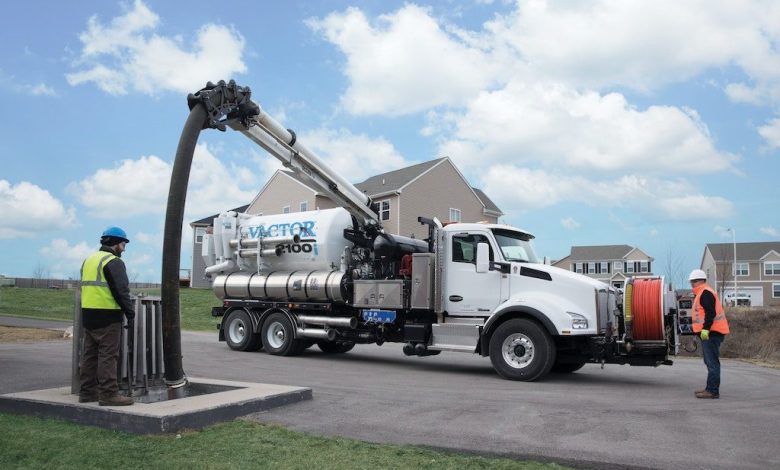The Importance of Regular Sewage Cleaning: Preventing Health Hazards

Regular sewage cleaning is an essential aspect of maintaining a healthy and safe living environment. Sewage systems are responsible for managing wastewater and ensuring its proper disposal. Neglecting regular cleaning and maintenance of these systems can lead to serious health hazards. In this user-friendly guide, we will explore the importance of regular sewage cleaning and how it helps prevent health risks.
Understanding the Dangers of Untreated Sewage:
Sewage contains a range of harmful substances, including bacteria, viruses, parasites, and chemicals. When left untreated or not properly cleaned, these contaminants can enter our water sources, soil, and even the air we breathe. This can result in the spread of diseases and pose significant health risks to individuals and communities.
Prevention of Waterborne Diseases:
Regular sewage cleaning plays a vital role in preventing the spread of waterborne diseases. When sewage systems are not properly maintained, there is a higher risk of contamination in our water sources. Waterborne diseases like cholera, typhoid, and hepatitis A can easily spread through contaminated water, leading to severe illness and even fatalities. By ensuring regular cleaning of sewage systems, we can minimize the risk of such diseases and protect public health.
Elimination of Foul Odors and Unpleasant Environments:
Sewage blockages and backups can result in foul odors and create an unpleasant environment in homes, public areas, and workplaces. These odors not only cause discomfort but can also indicate the presence of harmful gases such as methane and hydrogen sulfide. Regular cleaning helps prevent blockages, remove debris, and maintain proper ventilation, thereby ensuring a fresh and healthy environment for everyone.
Protection of Air Quality:
Improperly cleaned or maintained sewage systems can release hazardous gases into the air, posing a threat to respiratory health. Methane and hydrogen sulfide are common gases found in sewage, and their inhalation can lead to dizziness, nausea, headaches, and even respiratory distress. Regular cleaning and maintenance reduce the buildup of these gases, helping to safeguard indoor and outdoor air quality.
Prevention of Contaminated Soil:
Sewage leaks or overflows can seep into the soil, contaminating it with harmful microorganisms and chemicals. This contaminated soil can then pose a risk to public health if used for gardening, agriculture, or if it comes into direct contact with people or animals. Regular sewage cleaning and prompt remediation of any leaks or spills help prevent soil contamination, protecting both human and environmental health.
Avoidance of Structural Damage:
Accumulated debris, fats, and oils in sewage systems can cause blockages and put pressure on pipes and infrastructure. This can lead to structural damage and pipe corrosion, resulting in costly repairs and disruptions. Regular cleaning helps remove these obstructions and reduces the strain on the sewage system, extending its lifespan and avoiding potential damage.
Conclusion:
Regular sewage cleaning is of utmost importance in preventing health hazards associated with untreated sewage. By understanding the dangers of neglecting sewage maintenance, we can take proactive steps to protect ourselves, our communities, and the environment. Regular cleaning not only prevents the spread of waterborne diseases but also eliminates foul odors, protects air quality, prevents soil contamination, and avoids structural damage. Prioritizing regular sewage cleaning is a responsible choice that ensures a safer and healthier living environment for everyone.



